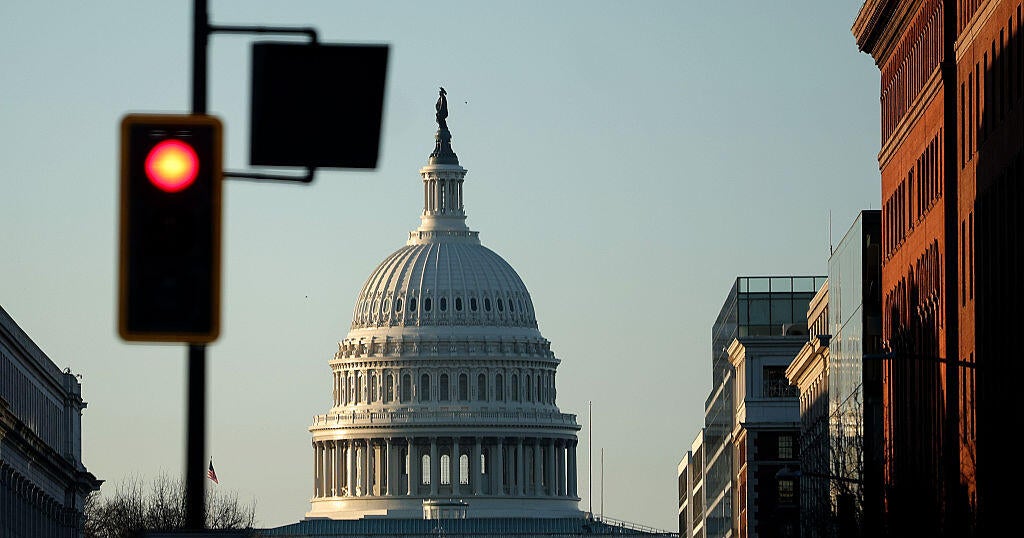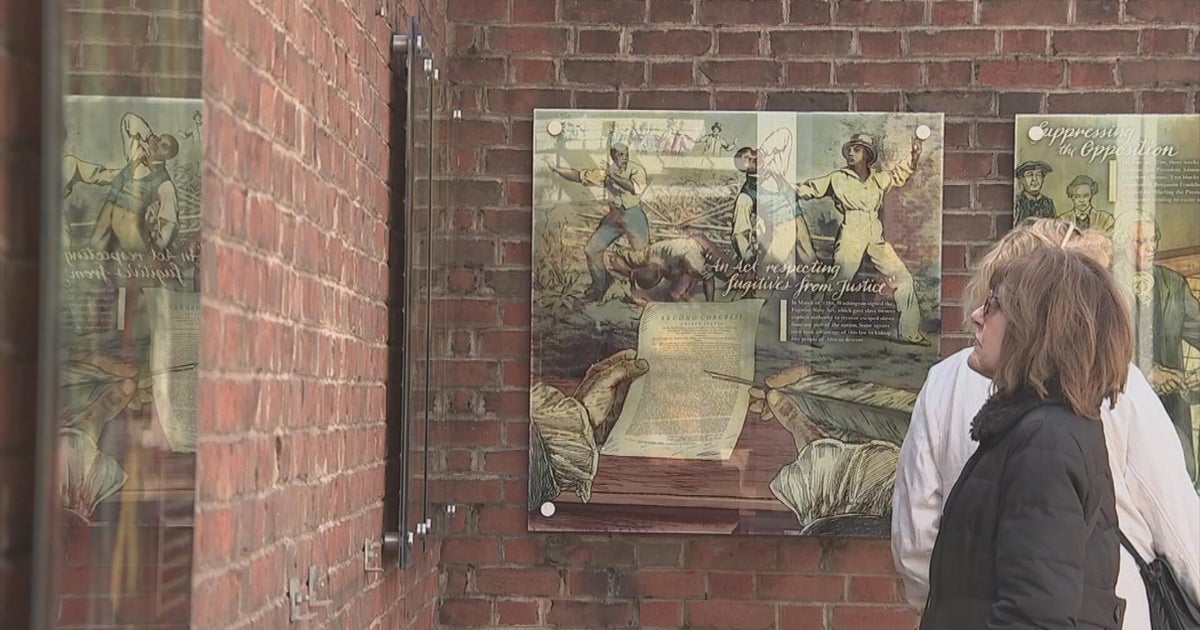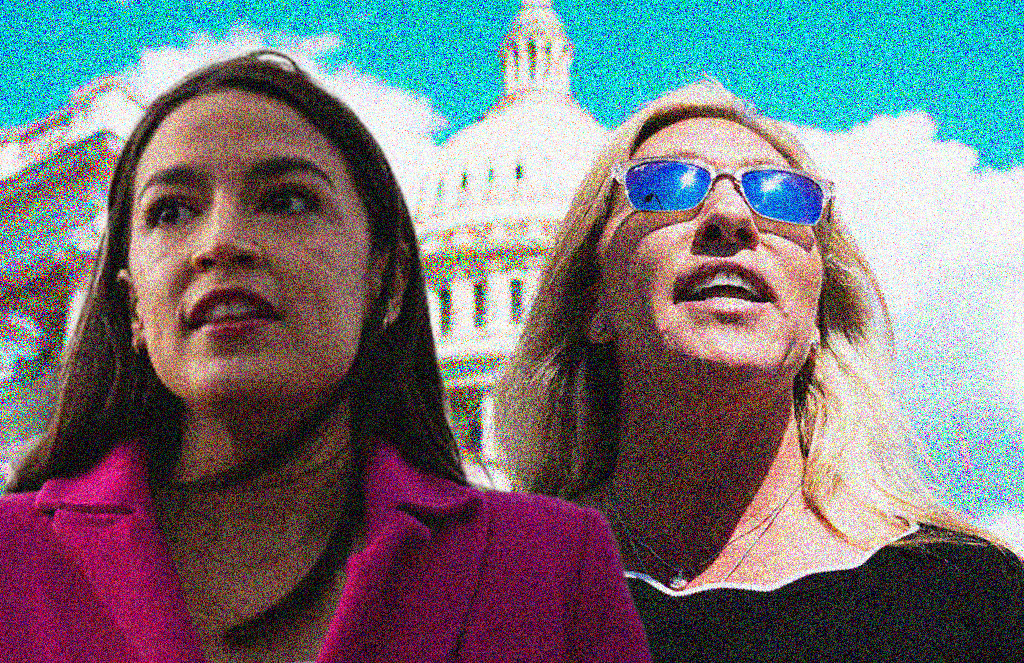United, airlines slammed by lawmakers: "Something is broken"
Airline executives were grilled before a congressional panel on Tuesday about customer complaints, with lawmakers criticizing them for overbooking flights, denying boardings, and imposing fees for flight changes and checked baggage.
At the House Transportation Committee hearing, Rep. Bill Shuster, R-Pennsylvania, its chairman, warned the executives to "seize the opportunity" to revamp customer service, "or you're not going to like it."
Shuster said "something is broken" with U.S. airlines and "the obvious divide between passengers and the airlines needs to be addressed." He knocked United Airlines (UAL) for collecting $800 million in fees last year to change flights. "That's a lot of money," he said.
United's president, Scott Kirby, defended fees and overbooking of flights as helping the carriers keep fares lower for passengers. Indeed, over the past 20 years, fares have declined 17 percent.
Rep. Duncan Hunter, R-California, asked the airline executives, "How much do you hate the American people?" He complained how when he flies out of his hometown, San Diego, he has little choice but to fly United.
When Oscar Munoz, CEO of United, replied that he had worked for Coca-Cola (KO), Pepsico (PEP) and AT&T (T) "and that has worked out pretty well" in terms of pricing and choice of services, Hunter noted that with soda and telecom "you have a choice -- but people have to fly, and have no other option."
"We're all sick of it," said Rep. Michael Capuano, D-Massachusetts, referring to the flying experience in general. He said passengers now had "lowered expectations" and that "we all know it is a horrible experience."
Terming the airlines "monopolies" due to consolidation within the industry, Democrat Eleanor Holmes Norton, the delegate for Washington, D.C., asked why the airlines' "contract of carriage," their agreement with customers, was so complicated -- and couldn't be boiled down to a single page.
The chief catalyst for the hearing was the April 9 forceful removal of United passenger David Dao in Chicago, because he refused to leave to plane to make way for airline crew members who were flying to Louisville, Kentucky. United recently settled with Dao for an undisclosed sum. On Tuesday, United's Munoz apologized to Dao.
On hand were two major airlines, United and American (AAL) and two smaller, low-cost carriers, Alaska Air (ALK) and Southwest Airlines (LUV). United and American took most of the heat from the representatives. Bob Jordan, executive vice-president of Southwest, said his company would no longer overbook flights.
Consumers rate airlines as one of their least-liked industries, according to a recent survey from the American Customer Satisfaction Index. The industry ranks at the bottom-third of all sectors, putting the likes of United Airlines and American Airlines neck-and-neck with hospitals and private utilities, and just slightly ahead of health insurers. Still, airlines did show some improvement from a year earlier, which the ACSI found was largely tied to lower prices.
United is the lowest-rated of the legacy airlines, the ACSI found. Its survey was completed before the April 9 incident with Dao.



